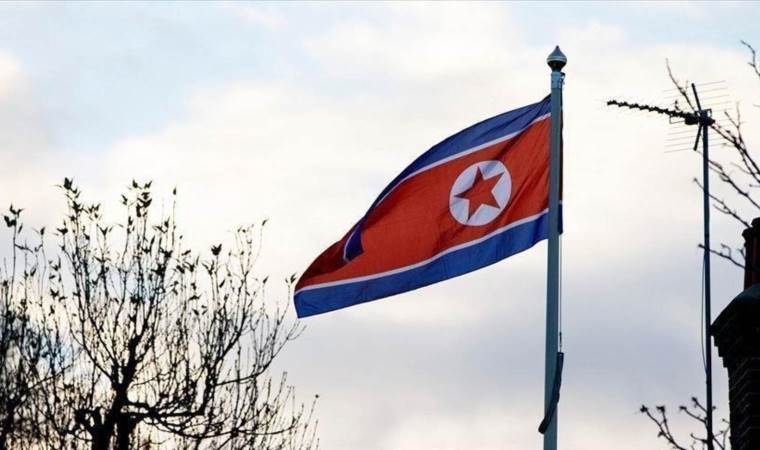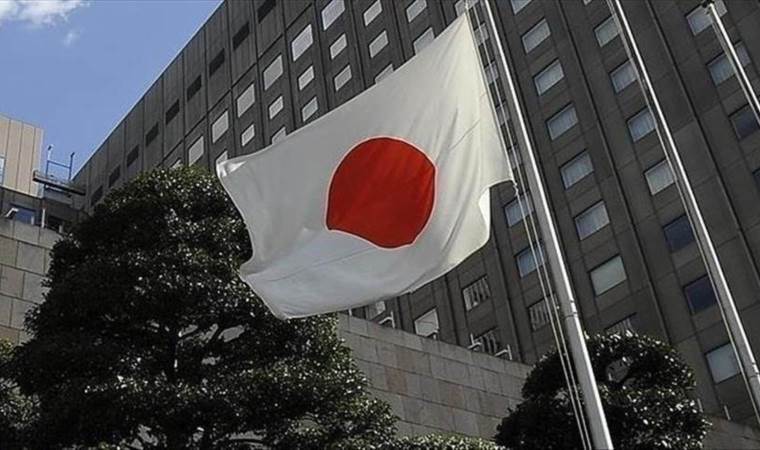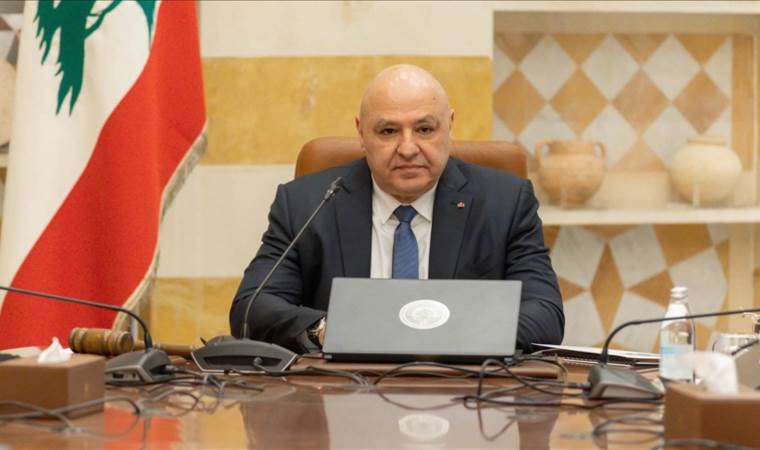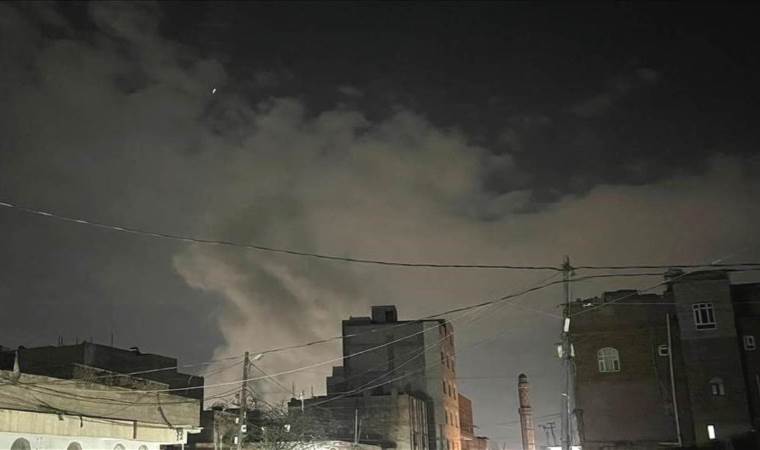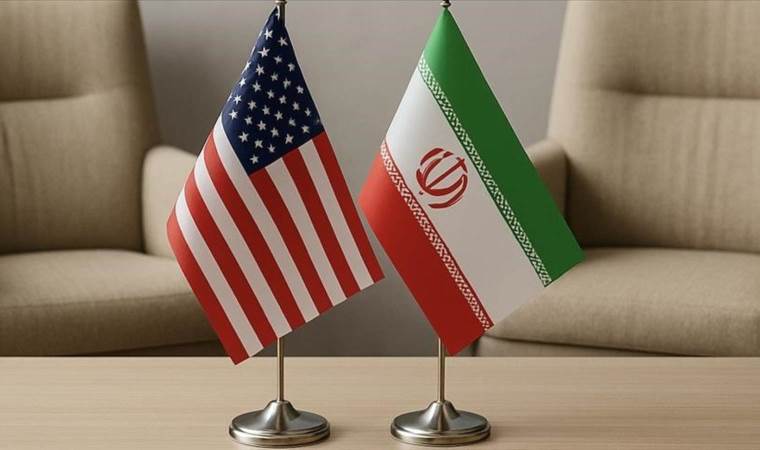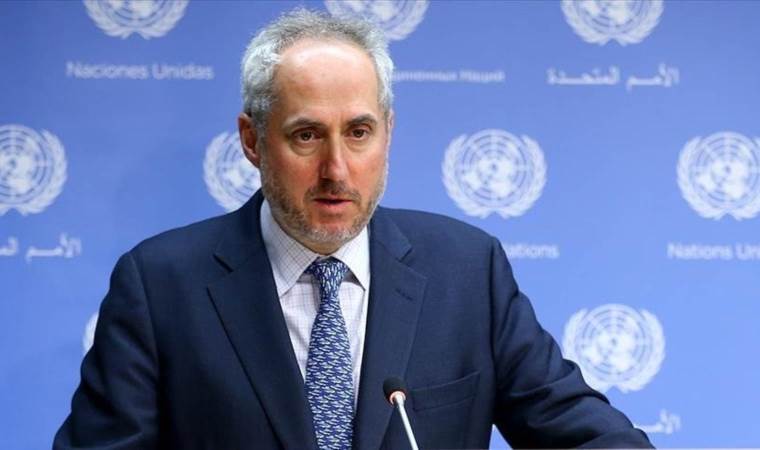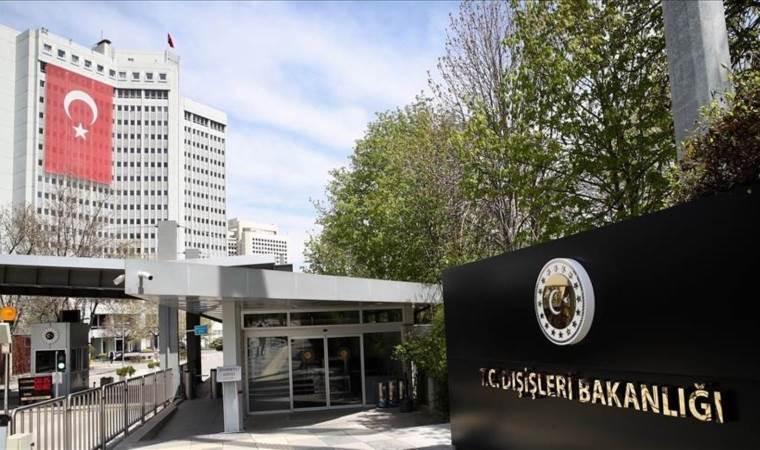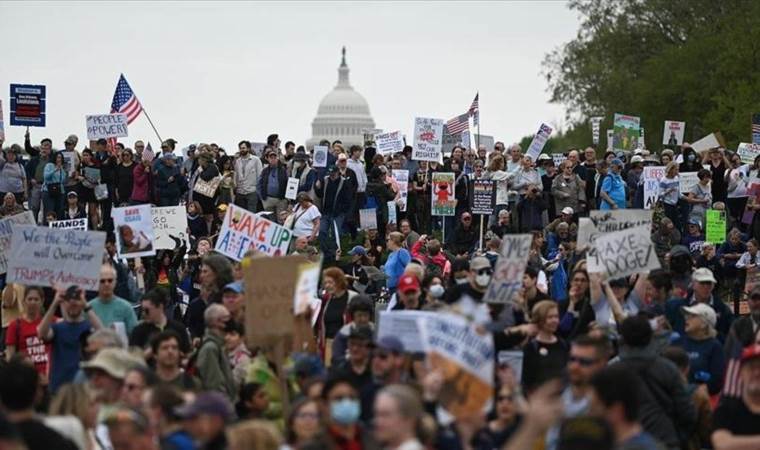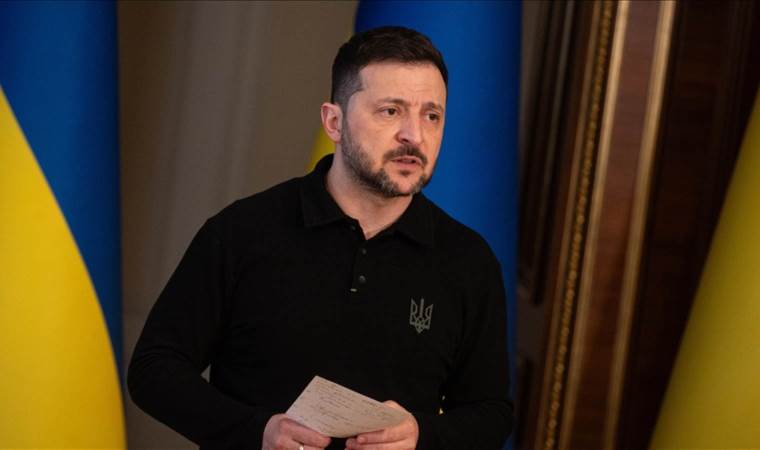French farmers continue protests against EU-Mercosur trade deal
Farmers from France's second-largest agricultural union, the Coordination Rurale, mobilized near Paris on Monday, protesting against the Mercosur trade agreement and demanding fairer compensation for their produce.
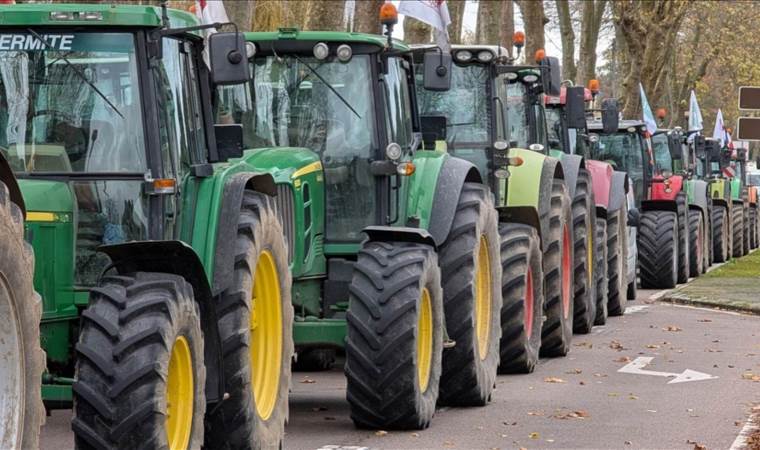
Despite their efforts to enter Paris and Lyon, they were met with roadblocks by law enforcement, causing significant disruptions, Le Parisien reported.
The protests come ahead of a January 13 meeting with French Prime Minister Francois Bayrou and elections for agricultural chambers, where the union aims to increase its influence against its rival, the National Federation of Farmers' Unions.
Roadblocks and disruptions
Since Sunday, tractor convoys from across France have attempted to converge on Paris. However, as of Monday morning, none had reached the capital.
“We are still stuck at the same point as yesterday,” said Patrick Legras, the union's spokesperson.
Tractors were reported in areas such as Rambouillet, Orveau, Meaux, and on the RN4 highway east of Paris, where even private vehicles faced delays due to police barricades.
A convoy of 15 tractors from Bourgogne-Franche-Comte also traveled through the night, attempting to evade authorities.
Despite taking alternate routes, they were intercepted on the heavily trafficked D1004 near Fontenay-Tresigny, creating a slow-moving "operation escargot" that severely disrupted Monday morning traffic.
The union expressed frustration over being denied a meeting with Prime Minister Francois Bayrou.
Christian Convers, the union’s secretary-general, stated he had reached out to Interior Minister Bruno Retailleau and the Prime Minister's office for a designated protest site in Paris.
The EU-Mercosur negotiations on a free trade agreement started in 2000 and went through on and off phases.
The parties agreed on a comprehensive agreement covering issues such as tariffs, rules of origin, technical barriers to trade, and intellectual property, among others.
The EU and Mercosur were planning to reduce high tariffs on agricultural products, and Mercosur countries would easily sell products such as meat, chicken, and sugar to the EU.
The agreement, however, was never signed nor ratified, and never entered into force.
French farmers argue that the EU-Mercosur agreement is part of a broader trend threatening rural livelihoods in France.
Most Read News
-
 Chinese satellite company rejects US accusation of suppo
Chinese satellite company rejects US accusation of suppo
-
 North Korea slams Trump's decision to ease weapons expor
North Korea slams Trump's decision to ease weapons expor
-
 Japan to discuss car safety standards in Trump tariff ta
Japan to discuss car safety standards in Trump tariff ta
-
 Lebanon waits for ‘right conditions’ to bring all weapon
Lebanon waits for ‘right conditions’ to bring all weapon
-
 3 killed in US attack on Sanaa: Houthi group
3 killed in US attack on Sanaa: Houthi group
-
 US, Iran 'made very good progress' in talks: US official
US, Iran 'made very good progress' in talks: US official
-
 UN notes Russia's ceasefire in Ukraine, says spokesman
UN notes Russia's ceasefire in Ukraine, says spokesman
-
 Türkiye closely monitoring case of Turkish student detai
Türkiye closely monitoring case of Turkish student detai
-
 Nationwide rallies in US oppose Trump administration pol
Nationwide rallies in US oppose Trump administration pol
-
 Both Russia, Ukraine allege Easter ceasefire violations
Both Russia, Ukraine allege Easter ceasefire violations

